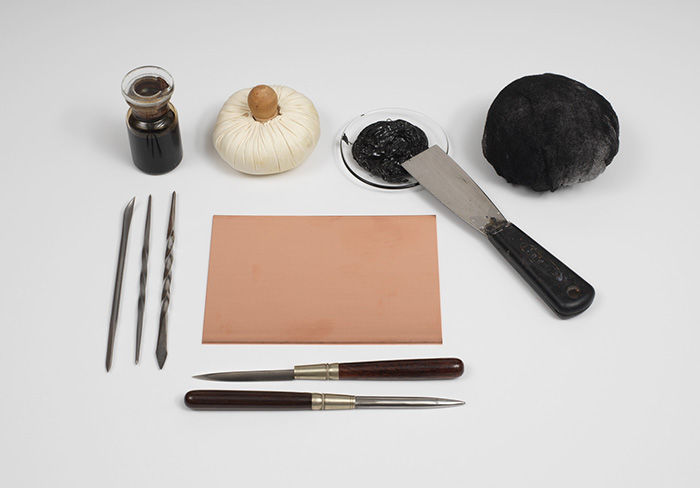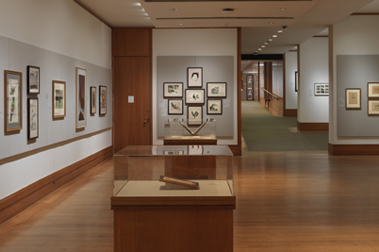The Lilliputan Satirists
Isaac Cruikshank British, Scottish
Publisher S. W. Fores British
Not on view
Isaac Cruikshank came to London from Scotland and helped launch the golden age of British satire. Here he shows two ladies in the fashionable resort of Bath, strolling together and wittily commenting on people they encounter. Both wear semi-transparent chemiselike dresses which reveal the contours of their legs and tops of their stockings. One wears a bonnet with a single erect feather, carries a closed fan in her right hand and loops up her skirt, increasing her lack of decorum. The other lady wears no hat, but holds up a small parasol on a hinged stick. Raising his hat at left, as he walks away is the satirical writer John Wolcot (1738-1819, who used the pen name Peter Pindar), plainly dressed, stout and holding a cane. The verse below touches upon the power that women wield through their beauty and verbal wit. The use of the word Lilliput in the title indicates that their humor in this case is small-minded, while the addition of the letters "PP" inside Wolcot's raised hat indicates that this print is a later state. George suggests that the ladies may be intended for the Gubbins sisters and notes that the image imitates Gillray's satires on dress (see the latter's " Parasols for 1795" for another satire featuring a parasol with a hinged handle).
Due to rights restrictions, this image cannot be enlarged, viewed at full screen, or downloaded.


